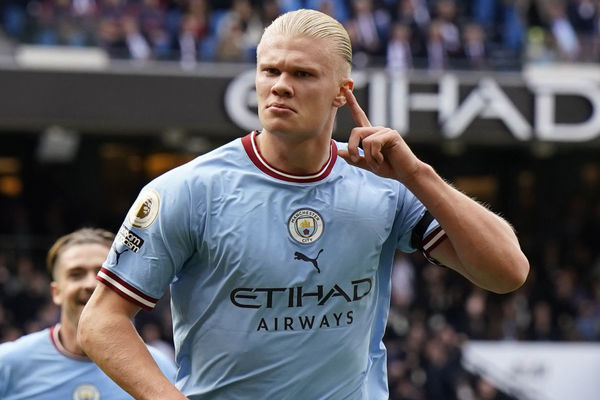The 2022 Nobel season has begun: the first of these, the Nobel Prize in Medicine and Physiology, was awarded on Monday to 67-year-old Swede Svante Pääbo, for sequencing the genome of Neanderthals and founding paleogenomics. . It was awarded by the Nobel Assembly of the Karolinska Institute in Stockholm.
–
“By revealing the genetic differences that distinguish all living humans from extinct hominids, his findings have provided the basis for exploring what makes us humans so unique,” the jury said.
“The genetic differences between Homo Sapiens and our now extinct closest relatives were unknown until they were identified through Pääbo’s work,” the Nobel committee added in its decision.
His father awarded 40 years ago
Svante Pääbo discovered that a gene transfer had taken place between these now extinct hominids and Homo sapiens. This ancient gene flow in modern humans has a physiological impact, for example by affecting the way our immune system responds to infections.
His father, Sune Bergström, was also awarded the Nobel Prize in Medicine exactly 40 years ago, in 1982.
The Nobel Peace Prize will be awarded on Friday
The announcement of the 2022 Nobel Prizes will take place in a week: after medicine, physics will follow on Tuesday, chemistry on Wednesday, then the two most anticipated prizes: Thursday literature and Friday peace, the only prize announced in Oslo, against the background of war in Ukraine. Not since World War II has there been an interstate conflict this close to Oslo.
The more recently created economic price will close the 2022 vintage next Monday.
–
Nobel Prize for Medicine: the ten previous winners
– 2021: David Julius and Ardem Patapoutian (USA) for their discoveries on how the nervous system transmits temperature and touch.
– 2020: Michael Houghton (UK), Harvey J. Alter and Charles M. Rice (USA) for their role in discovering the virus responsible for hepatitis C.
– 2019: William Kaelin, Gregg Semenza (United States) and Peter Ratcliffe (Great Britain) for their work on the adaptation of cells to various oxygen levels in the body, opening perspectives in the treatment of cancer and anemia.
– 2018: James P. Allison (United States) and Tasuku Honjo (Japan) for their research on immunotherapy which has proved particularly effective in the treatment of virulent tumors.
– 2017: Jeffrey C. Hall, Michael Rosbash and Michael W. Young (USA), who dismantled the complex mechanisms of the biological clock.
– 2016: Yoshinori Ohsumi (Japan) for his work on autophagy, a process by which our cells digest their own waste and which, in the event of dysfunction, triggers Parkinson’s disease or diabetes.
– 2015: William Campbell (Ireland / USA), Satoshi Omura (Japan) and Tu Youyou (China) for their findings on treatments for parasitic infections and malaria.
– 2014: John O’Keefe (Great Britain / USA) and May-Britt and Edvard Moser (Norway), for their research on the “internal GPS” of the brain, which could lead to advances in the knowledge of Alzheimer’s disease.
– 2013: James Rothman, Randy Schekman and Thomas Südhof (United States), for their discoveries on intracellular transport, which improve understanding of diseases such as diabetes.
– 2012: Shinya Yamanaka (Japan) and John Gurdon (Great Britain), for their work on the reversibility of stem cells, which makes it possible to create all types of tissues in the human body.
–
–


